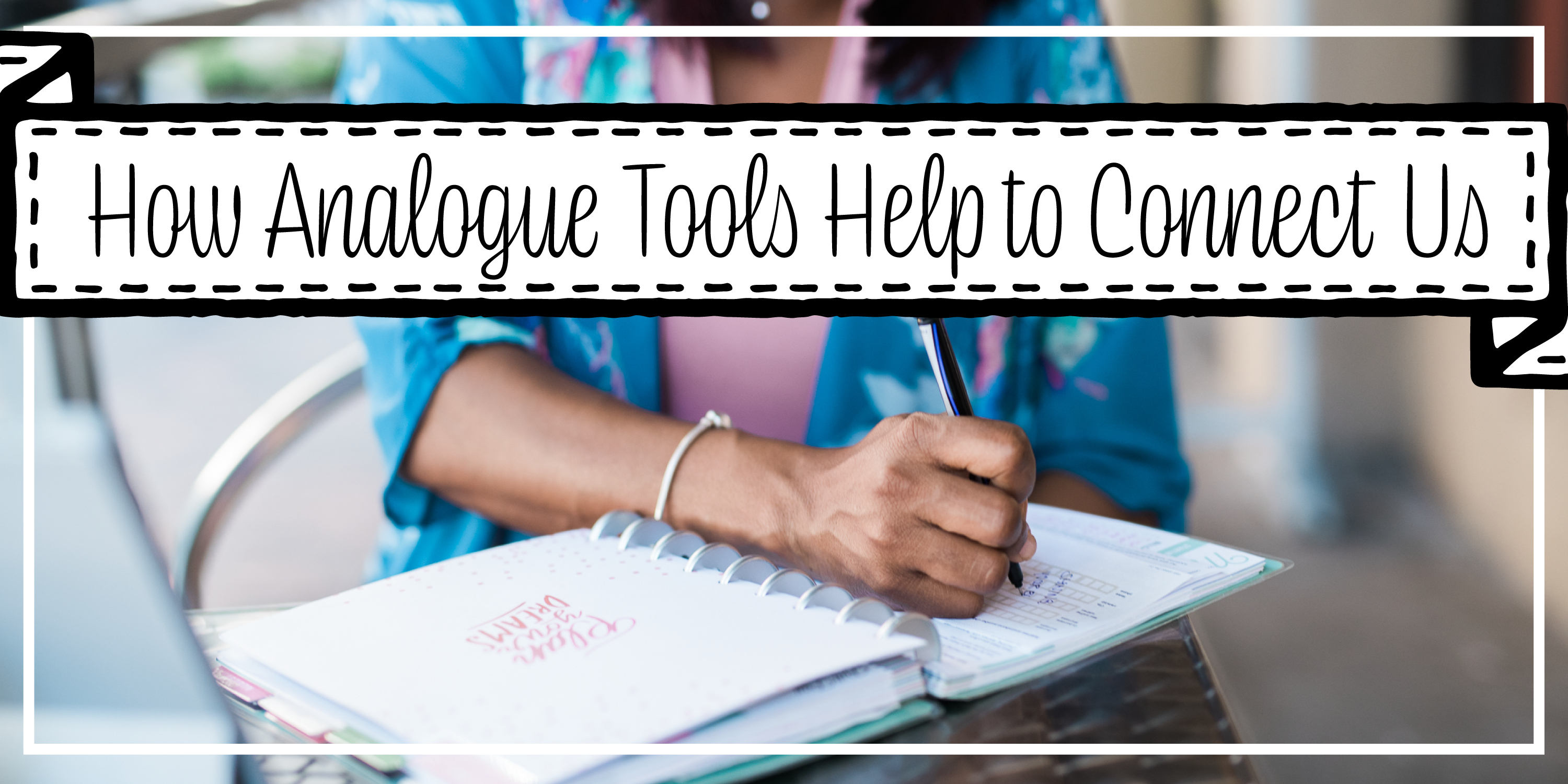The COVID-19 pandemic has changed the way we conduct our daily lives. While text messaging, email and video chat are currently bridging the “social” part of social distancing, it’s important we remain connected to one another in ways that allow mental breaks from the sensory overload that comes from our devices.
Stop! Slow down. Breathe.
As we navigate through this difficult time in our history, practice letting go of digital distractions and consider some of these alternatives to reconnecting with ourselves and each other.
Journaling
Journaling has come a long way from our teenage “dear diary” days, when your book had a dinky metal lock that came with a key that was lost a week into angsty pages. Journaling allows us to be present in the moment, to record memories and observe the little things in everyday life that are often overlooked due to the constant stimuli of digital technology. It creates a safe space for self-exploration, a place to process our emotions and increases our self-awareness without judgement. To help you get started, try some of these topics to write about:
-
Gratitude
-
Reading
-
Dreams
-
Food
-
Exercise
Use a Physical Planner
Planners are wonderful companions to online calendars and have found a new platform in the digital age thanks to productivity systems like the Bullet Journal. Much like journaling, writing down things like goals, errands and events are deliberate, and commits them to memory. With Bullet Journaling, you can easily customize any notebook to fit your lifestyle, creating a system that works exclusively for you and your individual needs. Many of the topics you can write about with a journal pair easily with planners and can help with keeping tracker lists instead:
-
Daily, monthly or yearly schedule
-
Household budgeting for bills, debt and savings
-
Entertainment tracker for book, movies or television
-
Meal planning like grocery lists or pantry inventory
-
Habit trackers for things like moods, sleep and social media
Write a Letter
Email does have its advantages over letters due to its ease of use, quick delivery times and ability to simply backspace when you have made a mistake, but there is something magical about writing and receiving a handwritten letter. It requires more time and effort from the sender; your thoughts are more carefully composed, which makes the sentiment behind what you’re writing that much more intentional and heartfelt. Being able to hold a letter with your own unique handwriting gives your words a deeper meaning and tangibility that you don’t quite get with email.
Calligraphy
Now would be a perfect time to take up a new hobby. Calligraphy is inexpensive, therapeutic and useful. You can learn simply using a pen and paper, but even starter kits with ink and dip pens are available at affordable prices. The repetition done during practice can be relaxing as you will be concentrating on the loops you are creating on the paper and not much else. Improve your handwriting so the journaling you’re divulging your thoughts and feelings in, and the planner helping you find order, and the letter you are writing to your best friend are all legible!
Whatever you decide to do, remember to take time to unplug and reset.

